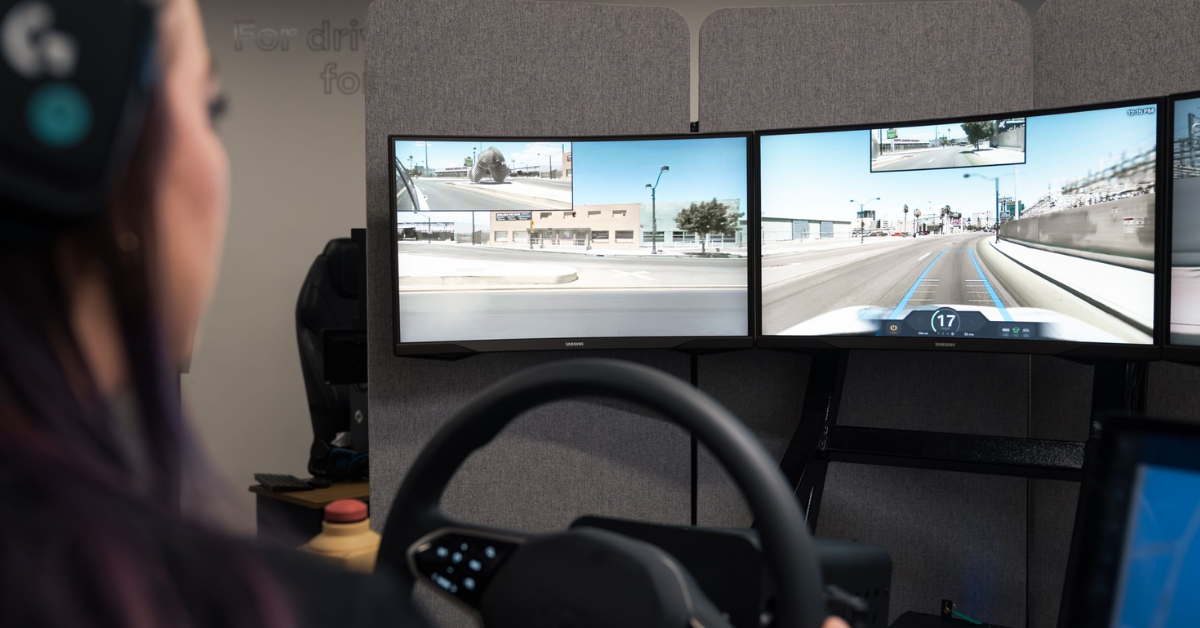What if, when you sat down at your desk and put on your headphones, you could actually control your computer using only your thoughts?

While it sounds futuristic (and a little dystopian), mind-reading tech has arrived, and it could potentially help us become more effective, focused, and productive versions of ourselves.
At the heart of the innovation are brain computer interfaces (BCIs), or machines that connect your brain with external tech. Whether through an implant in the brain or a wearable device, BCIs read brain activity and translate it into a desired computer output.
Historically, BCIs have relied on EEGs (tests that use sensors to measure electrical activity in the brain) to gather information from the brain.
And BCIs have, until recently, been mostly focused on issues such as helping people with paralysis to communicate more effectively which often involves an invasive surgery.
Now, with the invention of wearable technology that pairs sensors with AI and machine learning, future BCIs will be able to read minds and mold behaviors from the comfort of a user's home.
The new innovation spells big business, and the BCI market is expected to reach $5.34B by 2030.
Racing for a portion of the profit are braintech startups tackling everything from focus and stress to memory and cognition.
Neuralink, founded by Elon Musk, is a brain technology startup dominating the headlines in part due to its famous leader and because it recently secured FDA approval to start human trials.
The company, which has come under scrutiny for its animal-testing practices, would take the invasive BCI route with surgically placed implants.
Musk has claimed that Neuralink could be used for therapeutic purposes like treating blindness or depression as well as one day serving as a device for the general population to connect the human mind with computers.
Another well-known player in the space, Meta's Mark Zuckerberg, is working on a BCI that will first tackle paralysis, followed by a long-term goal of allowing the general public to control digital devices with their minds.
And those famous founders are far from being alone in the field, with other products some already many years in the works now coming to fruition.
There's Kernel, founded in 2016 by Bryan Johnson, which aims to create neuroscience as a service with wearable tech; MindMaze, founded in 2012, which is creating digital neurotherapeutics for issues like Alzheimer's and strokes; and Neurable, founded in 2015, which makes BCI-run headphones that fight burnout and help increase focus among many others.
Alongside entrepreneurs looking to quickly commercialize BCIs are scientists and researchers studying the ways this technology can create a level playing field, literally.
Dr. Marvin Andujar, the research lab director at the Neuro-Machine Interaction Lab who has been experimenting with brain-drone racing where participants race drones using only their thoughts, says: "BCI-based sports will enable individuals with disabilities to compete in the same category as able-bodied individuals, as only the brain's control is necessary. This would create an entirely new inclusive sport that was not previously feasible."
Andujar also believes that BCIs have the potential to improve cognitive function, and has an ongoing project in which individuals with ADHD create abstract paintings using their brain activity, with the goal of enhancing attention retention.
But how will all of this change the way we interact with our employers? Or how we shop? Or think?
While there's much to figure out as BCIs grow increasingly mainstream, some use cases already exist that can give us a peek into the future.
Mercedes-Benz published a post on the ways the brand could one day give drivers a better experience in their cars. There's a growing group of wearable startups, such as Toronto-based Muse, which uses BCI technology to promote mindfulness and meditation possibly, someday, for your employer.
The future of business will also likely include the field of neuromarketing, where researchers are already studying how consumers' brains react when they watch commercials. With enough data, buyers could be swayed to purchase products based on their predicted brain activity.
One can't discuss BCI technology without touching on the ethical implications, which are both complicated and vast. In the wrong hands, this technology would be detrimental or even dangerous. We might need updated laws should the tech grow too advanced.
As a society, we must ensure that unauthorized access to emotional and personal identification-related brain data is strictly prevented, says Andujar.
While your HR department might not yet be rolling out a mindfulness program via BCI headsets, wearable brain technology has certainly arrived (with more invasive neuro options chasing quickly behind).
So get ready to strap on your headset and think happy thoughts.
What did you think of this article?
Startups
.jpg?width=48&height=48&name=IMG_2563%20(1).jpg)









